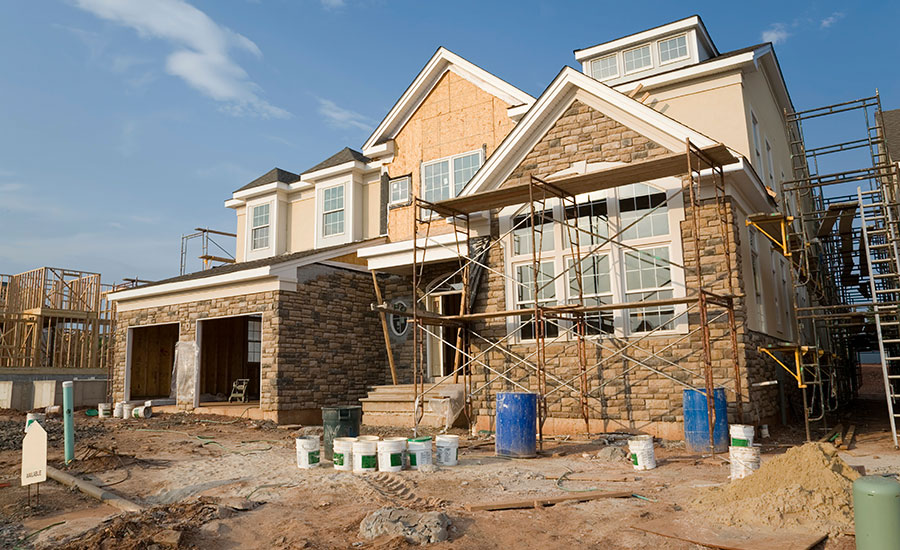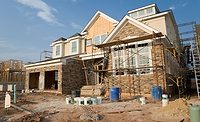Builder Confidence Remains Strong but Dips in December from Record High
Despite the decline, this is still the second-highest reading in the history of the series, after last month’s 90.

Ending a string of three successive months of record highs, builder confidence in the market for newly built single-family homes fell four points to 86 in December, according to the latest National Association of Home Builders (NAHB)/Wells Fargo Housing Market Index (HMI). Despite the decline, this is still the second-highest reading in the history of the series, after last month’s 90.
“Housing demand is strong entering 2021, however the coming year will see housing affordability challenges as inventory remains low and construction costs are rising,” said Chuck Fowke, NAHB chairman and a custom home builder from Tampa, Fla. “Policymakers should take note to avoid increasing regulatory costs associated with land development and residential construction.”
“Builder confidence fell back from historic levels in December, as housing remains a bright spot for a recovering economy,” said Robert Dietz, chief economist for NAHB. “The issues that have limited housing supply in recent years, including land and material availability and a persistent skilled labor shortage, will continue to place upward pressure on construction costs. As the economy improves with the deployment of a COVID-19 vaccine, interest rates will increase in 2021, further challenging housing affordability in the face of strong demand for single-family homes.”
Derived from a monthly survey that NAHB has been conducting for 35 years, the NAHB/Wells Fargo HMI gauges builder perceptions of current single-family home sales and sales expectations for the next six months as “good,” “fair,” or “poor.” The survey also asks builders to rate traffic of prospective buyers as “high to very high,” “average,” or “low to very low.” Scores for each component are then used to calculate a seasonally adjusted index where any number over 50 indicates that more builders view conditions as good than poor.
The HMI index gauging current sales conditions dropped four points to 92, the component measuring sales expectations in the next six months fell four points to 85, and the gauge charting traffic of prospective buyers also decreased four points to 73. Looking at the three-month moving averages for regional HMI scores, the Northeast fell one point to 82, the Midwest was up one point to 81, the South rose one point to 87, and the West increased two points to 96.
For more information, visit www.nahb.org/hmi.
Looking for a reprint of this article?
From high-res PDFs to custom plaques, order your copy today!







